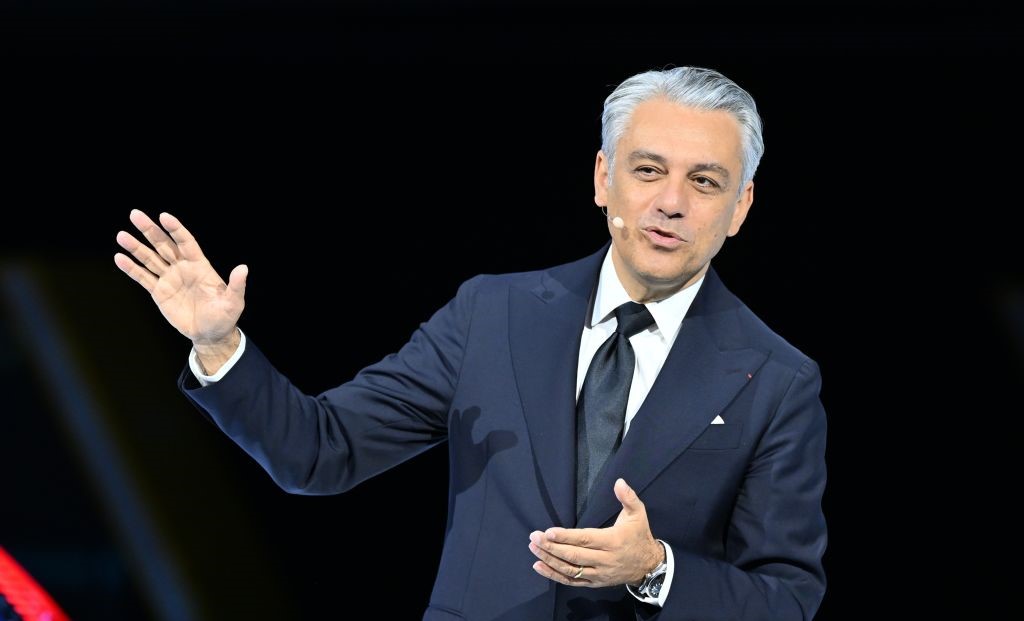Renault announced on Sunday that CEO Luca de Meo is stepping down to pursue a role outside the automotive industry. French newspaper Le Figaro reported that he will become the new chief executive of Kering, the luxury conglomerate that owns Gucci.
De Meo has led Renault for five years, during which he turned around the struggling French automaker. He revamped its long-standing alliance with Nissan and focused on hybrid engines while accelerating the shift toward electric vehicles.
According to Le Figaro, De Meo will replace Kering CEO François-Henri Pinault, who has led the company for 20 years. The Pinault family controls the heavily indebted luxury group. Kering declined to comment on the report.
Renault confirmed that De Meo will leave the company in mid-July. The French government holds a 15% stake in Renault.
If confirmed, De Meo’s move would signal a major change for Kering, which owns other luxury brands including Yves Saint Laurent and Balenciaga. Speculation about Kering’s leadership increased recently, following reports that Pinault plans to step down as CEO while remaining chairman. Sources have indicated that the company may split the chairman and CEO roles in the succession process.
Kering shares have lost more than 60% of their value over the past two years, due to profit warnings and leadership changes at Gucci, its most significant brand by sales and profit.
Turnaround Architect at Renault
De Meo’s departure is the second major leadership change at a European carmaker in six months, following Carlos Tavares’s resignation from Stellantis. European automakers are facing challenges including U.S. trade tariffs and strong competition from Chinese companies.
De Meo joined Renault from Volkswagen in 2020, at a time when Renault had reported record losses amid the pandemic. Since then, he implemented cost-cutting measures that reduced headcount and production capacity, reshaping Renault into a smaller, more agile company. He also improved the complex relationship between Renault and Nissan.
Nissan recently stated there have been no changes to its cooperation with Renault, despite reports that Nissan is considering selling part of its Renault stake.
Renault’s focus on European markets has helped shield it from U.S. trade tensions affecting other German automakers like BMW and Mercedes-Benz. Renault was one of the few automakers that did not issue a profit warning last fall. Its shares have risen about 90% over the past five years, making it the best-performing European carmaker, compared to Stellantis’s 15% rise and Volkswagen’s 38% drop.
Kering’s Turnaround Challenges
Under Pinault, Kering became a pure luxury group and experienced years of strong growth, largely driven by Gucci. However, since the COVID-19 pandemic, the company has struggled to revitalize the brand and has taken on over €10 billion in debt, raising concerns about potential credit downgrades.
Kering recently canceled a planned analyst event without explanation, fueling speculation about the group’s future.
(Reuters)










